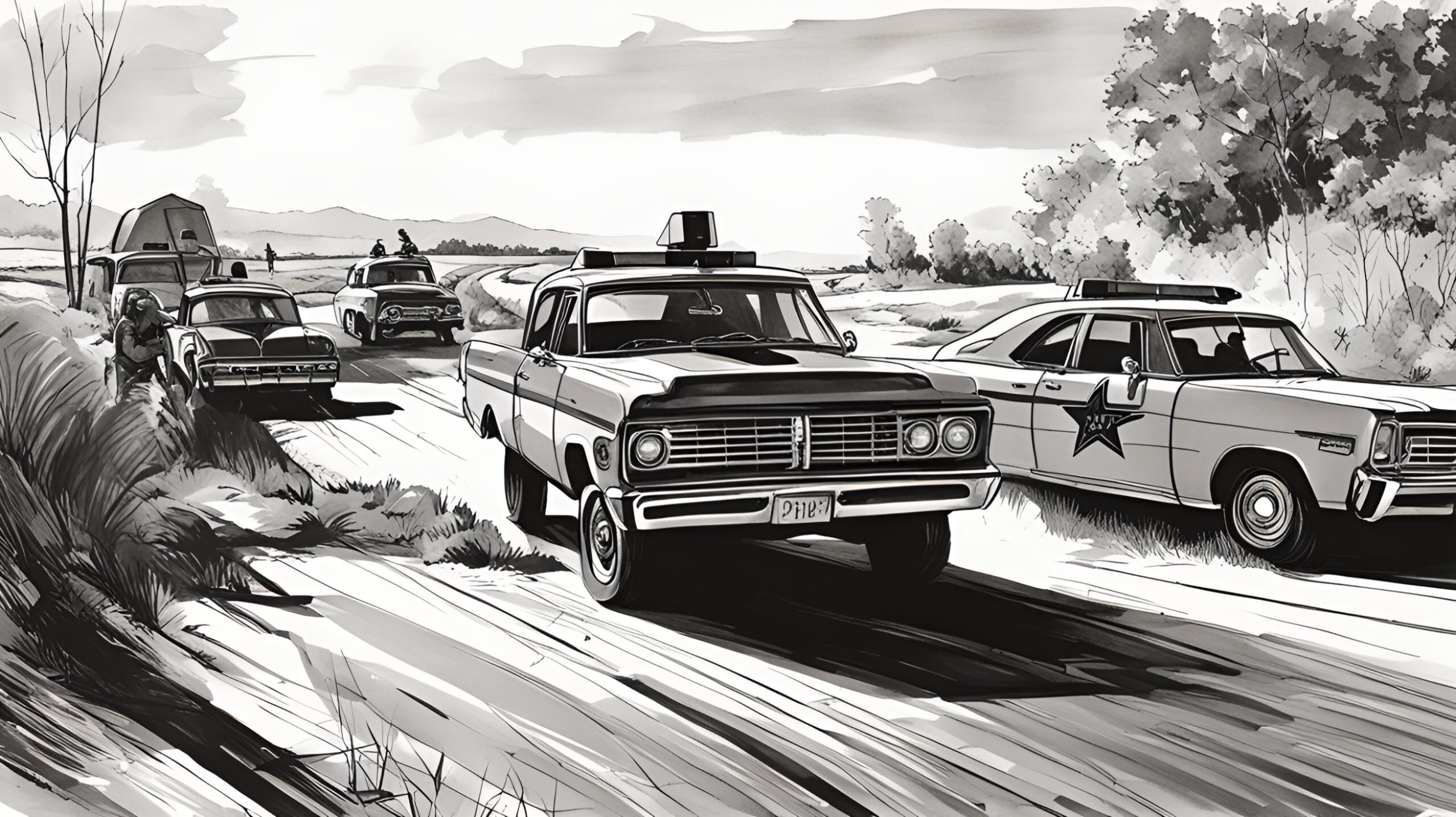Flashback to June 19
American History

Murray P Haydon, artificial heart recipient, dies in Louisville, Kentucky
On June 19, 1986, the world was saddened to learn of the passing of Murray P Haydon, an individual who had made medical history as one of the first recipients of an artificial heart. Haydon’s death occurred in Louisville, Kentucky, following complications related to his groundbreaking surgery. The news of his passing reverberated throughout the medical community, sparking discussions about the advancements and limitations of artificial heart technology.
Murray P Haydon’s journey began when he was diagnosed with severe heart failure, a condition that left him with limited options for survival. Faced with this dire prognosis, Haydon opted to undergo a risky and experimental surgery to receive an artificial heart. The procedure, performed by a team of talented surgeons led by Dr. William C. DeVries, involved the implantation of the Jarvik-7 artificial heart.
The Jarvik-7, named after its inventor, Dr. Robert Jarvik, was a pioneering device designed to replicate the pumping function of a human heart. It consisted of two mechanical pumps that operated in sync to circulate blood throughout the body. While the introduction of the Jarvik-7 brought hope for individuals like Haydon, it was not without its limitations and potential complications.
Haydon’s surgery, which took place on April 15, 1986, was successful in implanting the artificial heart and keeping him alive during the immediate post-operative period. However, it soon became evident that the device had limitations that posed significant challenges. The artificial heart required Haydon to stay connected to external power sources and large machinery, making him immobile and dependent on medical technology.
Additionally, the early artificial hearts were prone to complications such as infection and clotting, which required meticulous monitoring and management. Despite the thorough care provided by his medical team, Haydon developed infections that ultimately led to his untimely death on June 19, 1986, approximately two months after the surgery.
Haydon’s passing highlighted the need for further advancements in artificial heart technology, particularly in addressing the limitations and complications associated with the existing devices. It served as a reminder that while these groundbreaking surgeries could prolong life, they were far from perfect solutions for individuals suffering from severe heart failure.
In the years that followed Haydon’s time with the artificial heart, medical researchers and engineers dedicated themselves to improving the functionality and reliability of artificial heart devices. Their efforts led to the development of more advanced models, such as the total artificial heart (TAH) and ventricular assist devices (VADs), which have since become viable alternatives for patients awaiting heart transplants.
The death of Murray P Haydon also sparked conversations about the ethics and eligibility criteria surrounding artificial heart transplantation. As the demand for donor hearts far exceeded the supply, the need for artificial heart technology became increasingly apparent. However, the selection process for potential recipients became a topic of debate, as the scarcity of available devices meant difficult decisions had to be made regarding who would benefit most from this limited resource.
Despite the limitations and complications associated with early artificial heart technology, the pioneering surgeries performed on individuals like Murray P Haydon paved the way for significant advancements in the field of cardiac transplantation. Today, these groundbreaking procedures have become more common, with thousands of individuals worldwide benefitting from artificial heart devices while awaiting transplantation or for long-term support.
The legacy of Murray P Haydon serves as a reminder of the courage and resolve demonstrated by individuals who were willing to undertake experimental procedures with the hope of gaining more time and improved quality of life. His contribution to medical history will forever be remembered as a catalyst for advancements in artificial heart technology, leading to improved outcomes for countless patients in the years that followed.
We strive for accuracy. If you see something that doesn't look right, click here to contact us!
Sponsored Content

State troopers ordered to…
On 6/19/1969, state troopers…

Congress prohibits slavery in…
On 6/19/1862, the U.S.…

Grace Abbott, social worker…
Grace Abbott, a prominent…

50,000 participate in Solidarity…
On June 19, 1968,…

Albert W Dent is…
On June 19, 1953,…

Murray P Haydon, artificial…
On 6/19/1986, Murray P…

